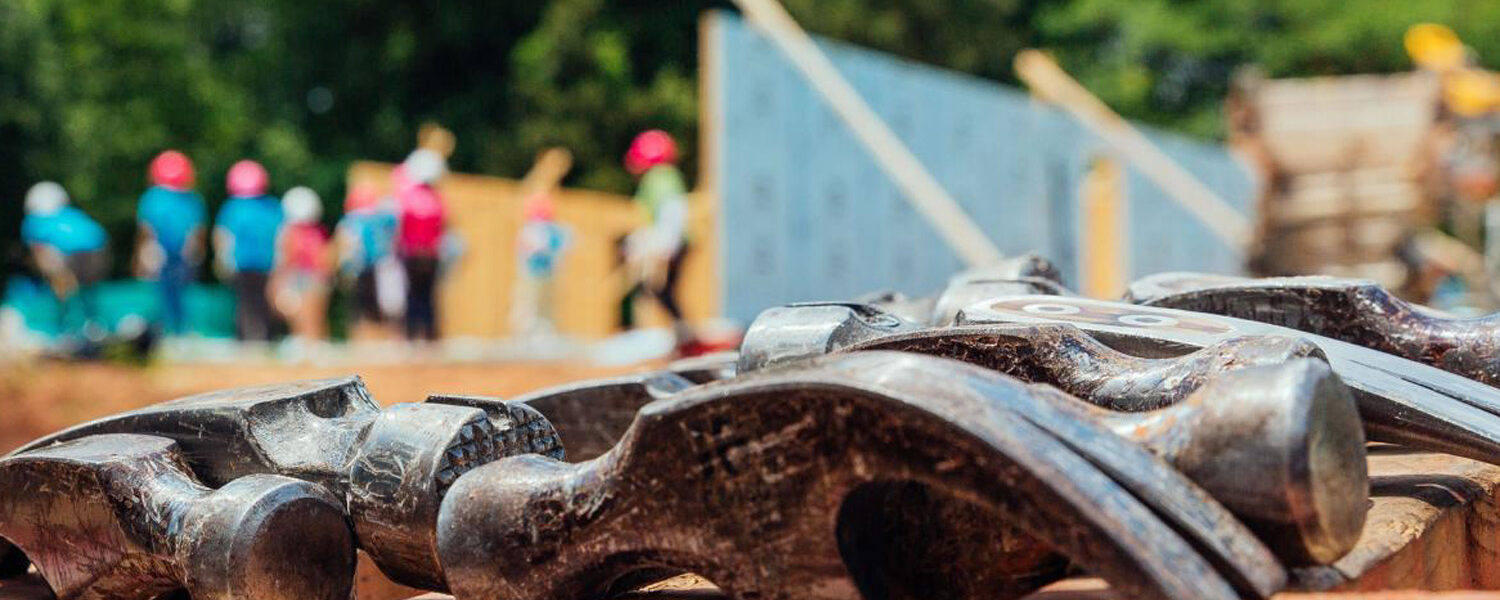
Frequently Asked Questions
Find answers to some of our most frequently asked questions.
What is Fox Valley Habitat for Humanity? What do you do?
Habitat for Humanity is a global nonprofit housing organization working in local communities across all 50 states in the United States and in more than 70 countries around the world. Habitat’s vision is of a world where everyone has a decent place to live. Habitat works toward our vision by building strength, stability and self-reliance in partnership with people and families in need of a decent and affordable home.
Specifically, Fox Valley Habitat for Humanity, located in southern fox valley is dedicated to eliminating substandard housing locally and worldwide, working in partnership with people of all faiths and races to develop communities for people in need of affordable housing. We provide a hand up; not a handout to hard-working families with low to moderate incomes who are willing to partner with Habitat as homeowners.
Where else does Habitat for Humanity operate? What is a Habitat affiliate?
Habitat for Humanity works in local communities across all 50 states in the U.S. and in more than 70 countries around the world. Our operational headquarters are in Americus, Georgia, and our administrative headquarters are in Atlanta, Georgia, USA. Fox Valley Habitat is your local affiliate, and our work is accomplished at the community level independently, locally run as a non-profit organization. FVHFH is headquartered in Montgomery, IL and services Kane and Kendall counties.
Who oversees and manages the Fox Valley Habitat for Humanity affiliate?
A local volunteer Board of Directors determines policy and oversees the mission of Fox Valley Habitat. Day-to-day operations are managed by our Executive Director, along with our office staff.
Why does your work matter?
Research shows housing is at the core of healthy, vibrant families & communities. Affordable, stable, decent housing improves school performance, decreases crime, and enhances the mental and physical health of children and adults.
- Affordable, decent housing provides strength, stability, and self-reliance
- Owning a home provides a family with a sense of dignity and pride
- Improves school performance, decreases crime, and enhances the mental and physical health of children and adults
- Families in homes tend to have increased educational and job prospects
- Safe homes and neighborhoods help to build social stability and security
To date, Fox Valley Habitat has built 71 homes in the community, contributing to the economy by paying over $3 million in property taxes and spent over $10 million in building costs and has only had one foreclosure in over 30 years.
Are Habitat homes given away?
No, we do not give away homes. Fox Valley Habitat homeowners purchase their homes with an affordable mortgage with a below market interest rate.
Does Habitat for Humanity International fund your homes?
No. We are a grass-roots organization that is responsible for raising all of our own funds. Many people believe that all of our materials are donated and that we receive our funding through Habitat for Humanity International. This isn’t the case. The vast majority of our funding comes from the generosity of individuals and organizations within our local community.
Did former U.S. President Jimmy Carter start Habitat for Humanity?
While President and Mrs. Carter are Habitat’s most famous volunteers and have worked tirelessly since 1984 to help families build houses and to raise awareness of the need for affordable housing, Habitat was founded by Millard and Linda Fuller in 1976.
The idea that became Habitat for Humanity first grew from the fertile soil of Koinonia Farm, a community farm outside of Americus, Georgia, founded by farmer and biblical scholar Clarence Jordan. There in the early ’70s, Jordan and the Fullers developed “partnership housing.” The idea centered on those in need of adequate shelter working side by side with volunteers to build decent, affordable houses at no profit. To build more homes, new homeowners’ house payments would be combined with no-interest loans provided by supporters and money earned by fundraising.
In 1973, the Fullers took the concept to Zaire, now the Democratic Republic of Congo, and launched a successful house-building program. After three years, they returned to the United States and founded Habitat for Humanity International. Learn more about Habitat’s history.
The 3 criteria for becoming a Habitat Homeowner are need, ability to pay, and a willingness to partner.
What is required to apply for a Habitat home?
- Have a need for affordable housing due to unsafe living conditions, overcrowding, accessibility issues, or rent higher than 30% of income
- Be citizens or legal residents of the U.S.
- Earn a sufficient income to pay an affordable mortgage on their future home
- Work for local employers
- Have good credit with consistent payment history
- Not have bankruptcies in the past 3 years
- Be willing to enter into a 30-year partnership with Fox Valley Habitat and adhere to covenant restrictions in all mortgage documents
What is required after being accepted into the program?
- Invest 350-500 “sweat equity” hours into building own home, and other future homeowner’s homes
- Participate in a 9-week financial training course
- Maintain a good credit rating
- Pay for down payment and closing costs
What are homeowners responsible for?
- Mortgage, insurance on home, and real estate taxes
- Required to keep homes maintained and in good condition in accordance with the Habitat covenant
- Strengthen the local community by paying property taxes and utilities, in addition to spending disposable income locally
- May not rent their homes to encourage safer, owner-occupied neighborhoods
How can I volunteer? Do I have to have construction skills?
We welcome people with any skill level to volunteer with us, even beginners. On-site construction leaders train volunteers in all aspects of building.

